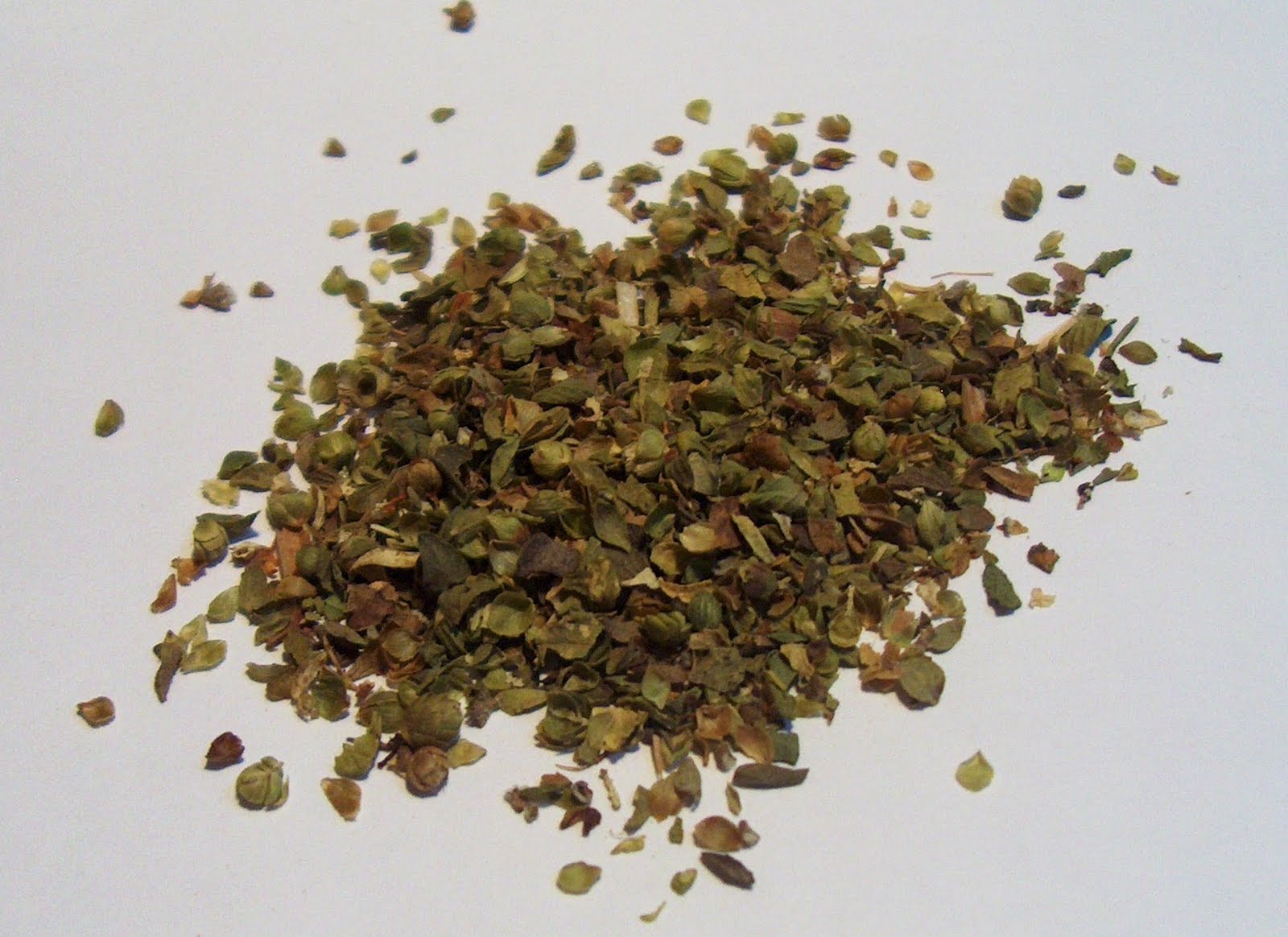Oregano sums up Greek food. This leaf is found in most Greek recipes and makes it way into popular delicious salads, soups and stews. Most ethnic dishes here contain oregano or a variant thereof.
CULINARY APPLICATIONS
Used in cooking, oregano leaves have a strong flavor that is enhanced when dried rather than when they are fresh. It tastes warm, earthy, and slightly bitter, with a taste that varies in intensity. Some cultivars of oregano adapted to colder areas may have less flavor, although high-quality oregano may be potent enough to nearly numb the tongue. The presence of aromatic oils can be influenced by a variety of factors, including season, climate, and soil composition. In certain cases, this influence can outweigh the variations across different plant species. The chemical components carvacrol, thymol, pinene, limonene, ocimene, and caryophyllene are some of those that contribute to the flavor.
INGREDIENT USES
The main herb in Italian cooking, oregano is most often used with meat, fish, and vegetables that are roasted, fried, or grilled. Spicy dishes that are popular in Southern Italy go nicely with oregano. In the north of the country, marjoram is typically preferred, therefore it is used less frequently. It was presumably consumed in Southern Italy for generations, but it gained notoriety in the United States when soldiers who had served in World War II took their love of the “pizza herb” with them.
HEALTH BENEFITS
Certain compounds in oregano may aid lessen coughing. Additionally, oregano may aid in digestion and aid in the defense against some bacteria and viruses. Oregano is used to treat wounds, parasitic infections, and a host of other ailments, however these claims are not well supported by scientific research. It is thought to strengthen the immune system, aid with digestion, and ease respiratory problems. Hot or cold, oregano tea is aromatic and savory, perfect for both indulging in its taste and possible health benefits.
ALTERNATIVES
Here is a list of alternatives to oregano:
- Parsley
- Basil
- Thyme
- Dill
- Sage
- Tarragon
